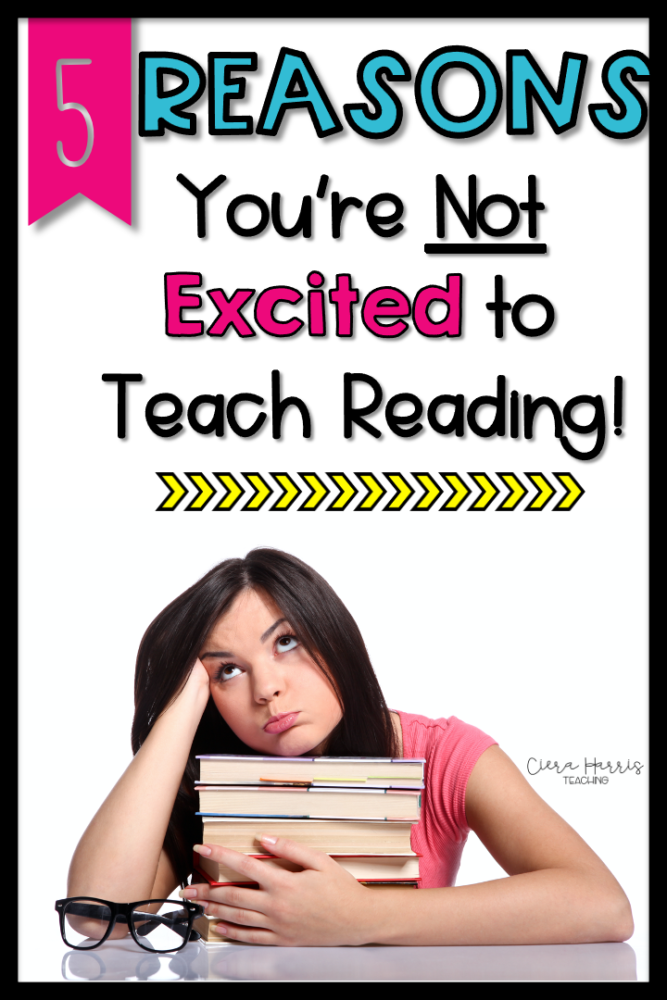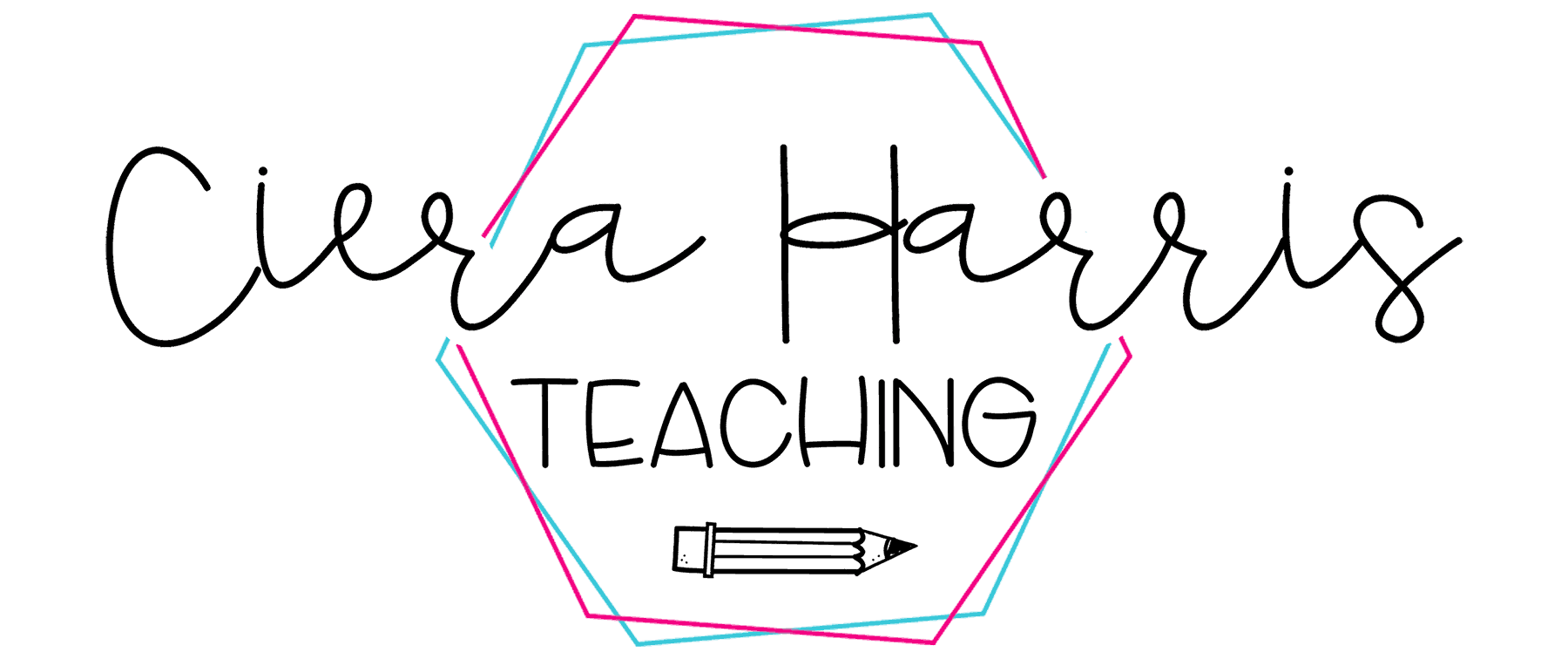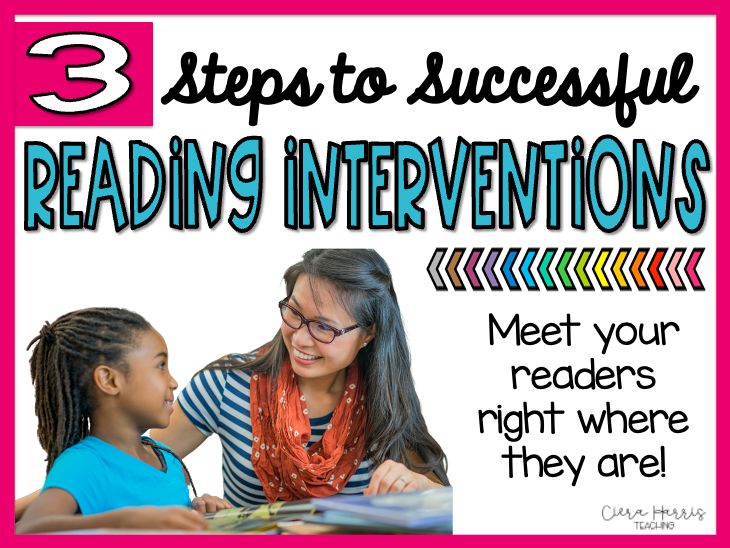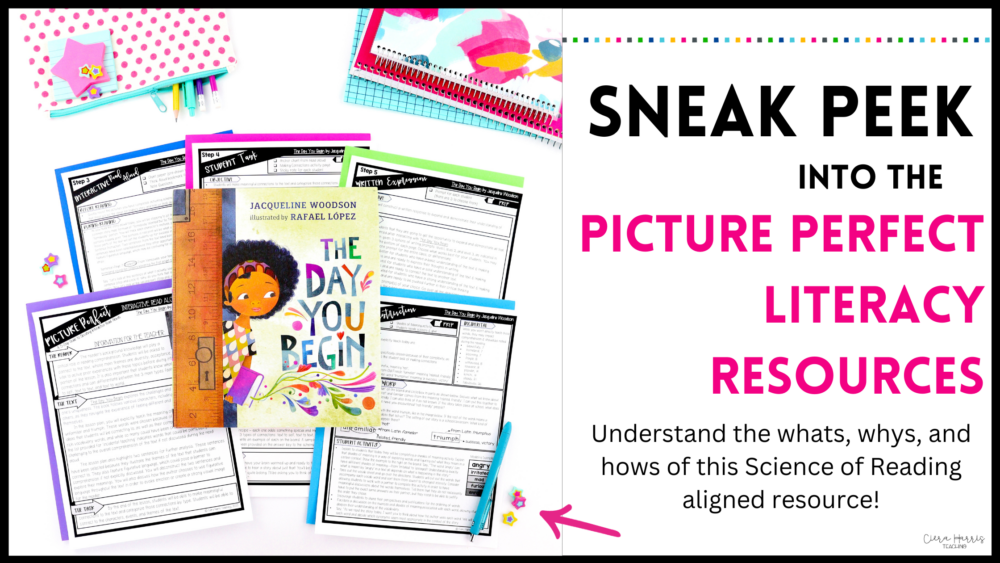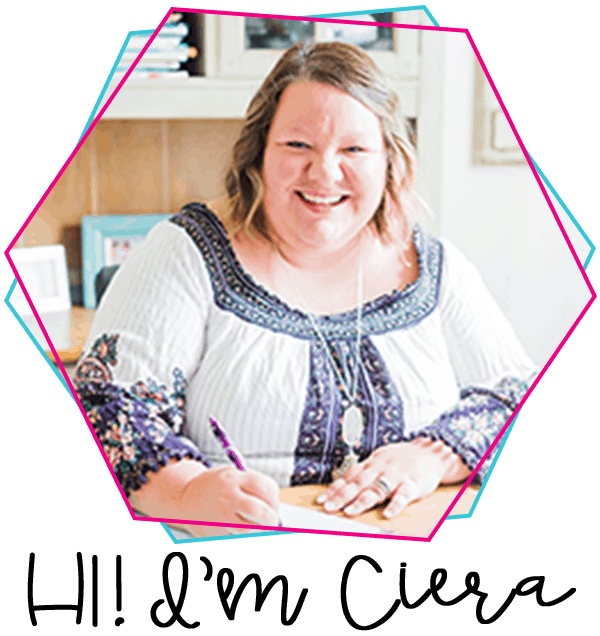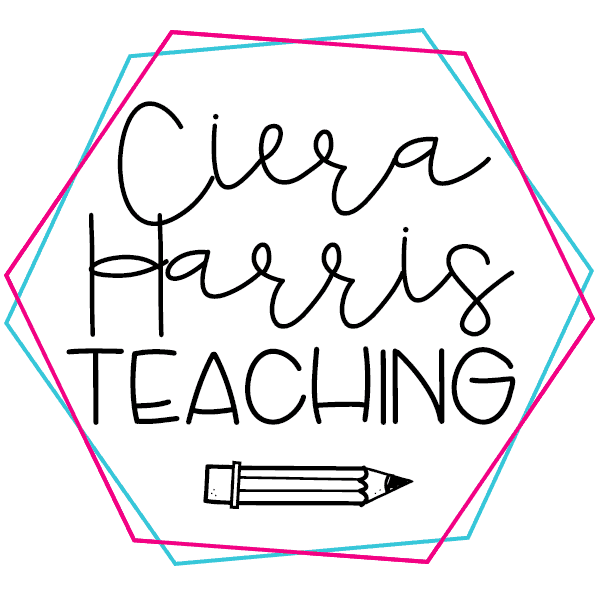Let’s face it. Even though we LOVE to teach, there are specific subjects or topics that we cringe at when we know we have to teach them. For me, it was always science. Even though I’m in awe of science and all of its wonder, I don’t understand it very well therefore I don’t explain it well. I hated teaching it! I didn’t like the experiments, I didn’t like the texts and thought they were boring. I know there are many teachers out there who don’t like teaching reading. I’ve talked with many of them and have narrowed down the main reasons why they, or YOU, are not excited to teach reading and what you can do to change that!

Want to watch the video instead? Check it out below! Make sure to subscribe to get updates on all new content!
Not Excited to Teach Reading Reason #1: Too much grey area
Unlike math which is very black and white, reading is much more grey. It’s not a step by step process that you can break down for students. Many teachers feel uncomfortable with this. They have self-doubt in their abilities to break down skills for students to understand. Reading is very natural to them and it’s hard to understand the how’s and why’s behind their understanding. It’s a very understandable feeling. So how do we get past it?

One of the best things teachers can do who feel like this is to understand their standards fully. And not just in their grade level, but in the grades below and above them. Teachers need to see where the students are coming from and where they are going. It’s important to do this often and even as a school so all teachers get exposed to the content expectations for each subject.
Another important process to take part in is decomposing standards individually. This requires a step-by-step process where teachers analyze the standard and break it into all of the individual components. Along with the components, teachers discuss areas such as prerequisites, teaching angles, common misconceptions, and other vital instructional tools that can help understand the standard fully. Again, doing this process with a team or school often helps to fill gaps in teachers’ understanding and allows them to confidently instruct their students.
Reason #2: Not having a fluid curriculum
Let me preface this by saying, there is no such thing as the perfect curriculum. It doesn’t matter how much money a school pays and how many parts and pieces there are. It’s not a one curriculum fits all type of world. With any curriculum you have, there will always be areas in which teachers still need support and/or materials. So the best thing to do, if this is an area you struggle with, is to embrace the problem. If you know to be disappointed with your curriculum, then you can quickly move past the grieving stage and work to find a solution. But what are the possible solutions?
The first step is to know the strengths of your curriculum. Just because it comes with hundreds of parts doesn’t mean they are all ‘good’. Maybe your curriculum comes with fantastic differentiated closed reading passages. Maybe it comes with strong test prep materials. Knowing your curriculum for what works and what doesn’t is always step one. After that, it’s about knowing the holes and filling them in.
I’ve talked with MANY teachers about the holes in their curriculum. Things such as phonics instruction, vocabulary, too quick of a pacing guide, too much at once, or lacking variety are among the top frustrations that teachers have in their curriculum. Once these have been identified, you can find other programs that specifically work for those areas to help. If programs are not a solution, then teachers and administration need to work together to change guides and find a balance that works better for teachers and students.
Not Excited to Teach Reading Reason #3: Too much planning
Like I stated before, subjects other than reading are a lot more black and white. This is true when it comes to their planning as well. Planning for reading and all of its many parts is time-consuming. There’s fluency, vocabulary, phonics, phonemic awareness, comprehension, small group, whole group… I could go on! It’s a lot to balance and even more to plan for it all. We can fix this and so it is not a reason you are not excited to teach reading.
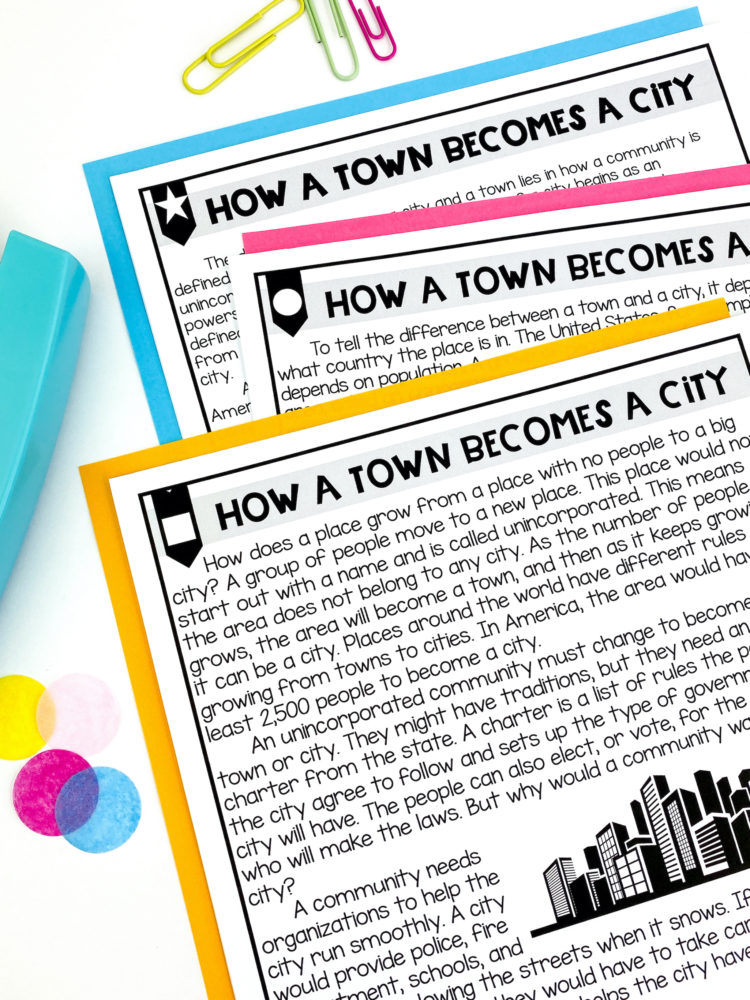 This is one of the reasons for finding a curriculum that has components that are worthwhile and meaningful is so important. For example, my Building Comprehension curriculum has loads of materials to help take the planning burden off of teachers’ shoulders. In each of the 17+ units, you’ll find 5 days of full lesson plans, each with step-by-step directions, exit tickets, printables, and more. Along with the weekly materials, you’ll also find a reading center, a craft, an anchor chart, and a weekly assessment.
This is one of the reasons for finding a curriculum that has components that are worthwhile and meaningful is so important. For example, my Building Comprehension curriculum has loads of materials to help take the planning burden off of teachers’ shoulders. In each of the 17+ units, you’ll find 5 days of full lesson plans, each with step-by-step directions, exit tickets, printables, and more. Along with the weekly materials, you’ll also find a reading center, a craft, an anchor chart, and a weekly assessment.
And even though I created it, I know it doesn’t have everything and has holes like many other curriculums!
So yes, planning for reading CAN take a lot of time, but it doesn’t have to when you find the right support! 😉
Reason #4: Fitting it all in
Oh if teachers can more time in the day, they would still complain about not having enough time! It’s a never-ending battle! Finding a balance of time between all of the different components we need to teach JUST in reading almost feels impossible. So how do we fix this?
It starts with planning. We know, before we even meet our students, what we are getting into. We know the components of reading. We know we’re going to have students below, on, and above grade level. Without even knowing a name we can create a plan. Planning out your reading block is like a puzzle. It’s about taking your laundry list of must-dos and may-dos and figuring out where everything can go. Not sure where to begin? I wrote out an entire blog post just about creating your perfect reading block! Make sure to check it out!
Not Excited to Teach Reading Reason #5: So many reading levels
If I have heard this once, I’ve heard it a thousand times. Yes, every year you’re going to have a class full of students who are all at different levels. This shouldn’t be a reason you are not excited to teach reading! But remember, it’s important not to think of our students as ‘levels’ but instead think of the different reading abilities they have and need to improve upon. This is one of the mistakes many reading teachers make.

When we train ourselves to connect students with reading behaviors instead of ‘levels’, we can move past the complaint that there are too many different levels.
Does this change anything? Yes and no. No, you still have students who all need different things BUT now you have a way to connect students together. You can now see who needs what and how to support them. You know how to address whole group instruction more strategically and where to provide scaffolding. Many ‘holes’ in students’ reading abilities can be covered in whole group simply through teacher modeling, questioning, and strategic grouping. Not everything needs an individual lesson created. The more we know our students’ needs the more we can address them through conversations, modeling, and whole group teaching. THIS is what can help ease the loom of ‘too many reading levels’.
So what do you think? Are you someone who is not excited to teach reading? Do you have a plan on how to move forward from there? It’s important not to keep the mindset of ‘reading isn’t fun to teach’ as it will begin to show in your planning and actions! If you want to save this post for later, make sure to pin the image below!
